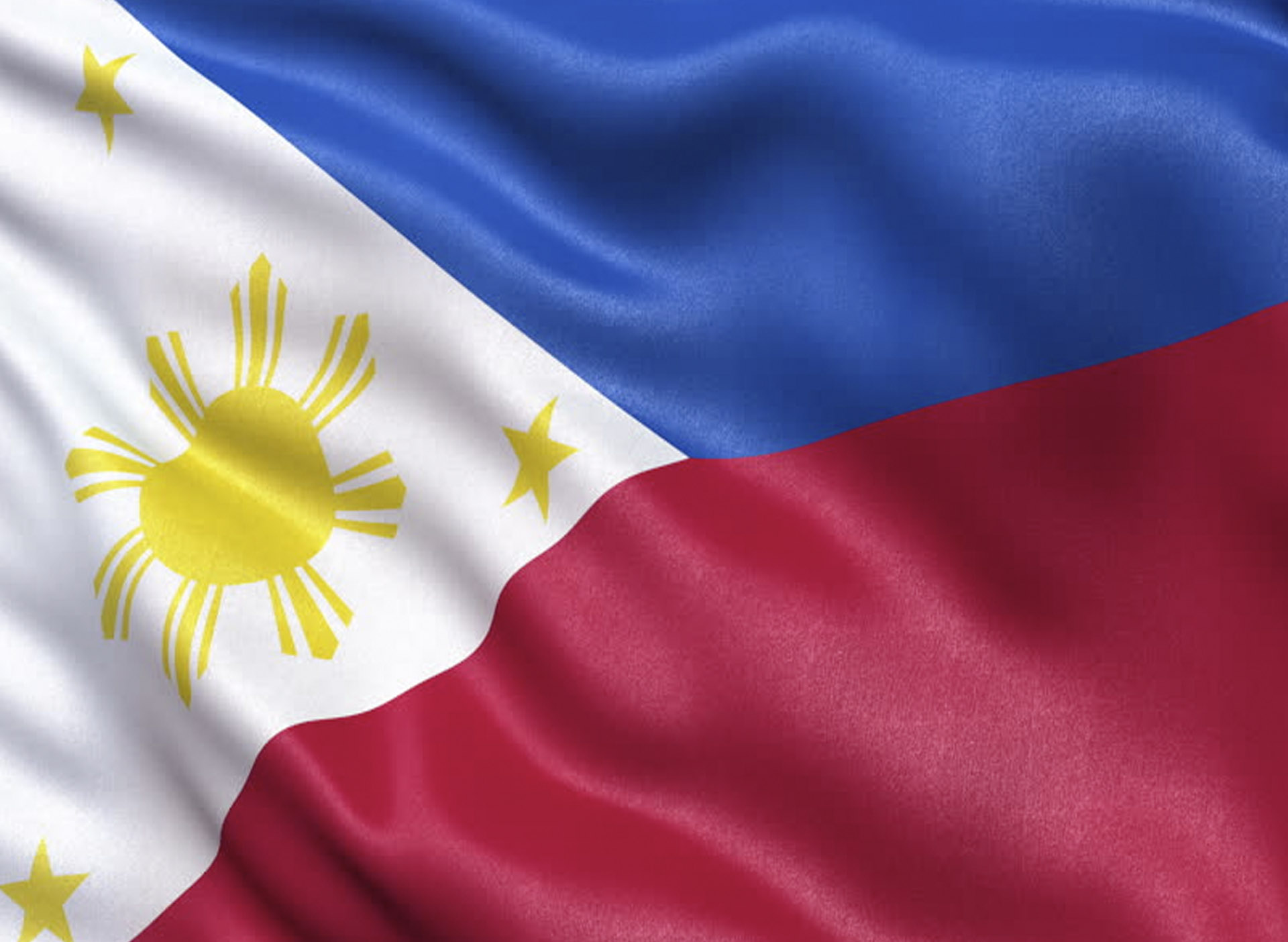 By Martin Luigi G Samson, ACCRA Law
By Martin Luigi G Samson, ACCRA Law
Mental health conditions, which include anxiety and panic disorders, depression, eating disorders, substance abuse and addictions, have become a pervasive issue which permeates our present society. Anyone can be affected by these conditions regardless of nationality, age, or gender.
These conditions have been recently brought to fore by celebrities who acknowledged that they suffered problems relating to their mental health, or worse, suffered their early demise when they lost their respective battles with their mental health conditions. If celebrities who appear to have everything they could possibly have in their lives succumb to their mental health conditions, then the ordinary working Filipino is not immune to these problems.
The workplace, and all the expectations of productivity, deadlines, performance evaluations, and the avalanche of information from different sources not only lead to stress but can actually take a toll on one’s mental health. Despite this reality, the topic of mental health remains taboo. Some employees are afraid that talking about any mental health condition will lead to their discrimination, or worse, result in the loss of their jobs.
In passing the Mental Health Act (Republic Act No. 11036), the government took a step towards affirming the right of all Filipinos, not only the workers, to good mental health and mental health services.
With the passage of the law, employees no longer need to fear that they will be discriminated against since the Mental Health Act decrees that persons affected by mental health conditions should be allowed to exercise the full range of human rights and participate fully in society and work, free from stigmatisation and discrimination.
Likewise, the Mental Health Act requires the confidentiality of all information, communications and records, in whatever form or medium stored, regarding the person experiencing mental health condition. Generally, the information, communication and records cannot be disclosed to third parties without the written consent of the person experiencing a mental health condition or his legal representatives, subject to certain exceptions.
Violation of the provisions on non-discrimination and non-disclosure may lead to a penalty of imprisonment of not less than six months, but not more than two years; or a fine of not less than P10,000, but not more than P200,000; or both, at the discretion of the court.
Further, employers are now required to develop appropriate policies and programs on mental health in the workplace designed to: 1) Raise awareness on mental health issues; 2) Correct the stigma and discrimination associated with mental health conditions; 3) Identify and provide support for individuals at risk; and 4) Facilitate access of individuals with mental health conditions to treatment and psychosocial support.
In this regard, the Department of Labor and Employment has been directed to: 1) Develop guidelines and standards on appropriate and evidence-based mental health programs for the workplace; and 2) Develop policies that promote mental health in the workplace and address stigma and discrimination suffered by people with mental health conditions.
The determination of the existence of a mental health condition is based on scientifically accepted medical nomenclature and best available scientific and medical evidence. Persons experiencing mental health conditions may avail of mental health services even down to the barangay level. The Mental Health Act also integrates psychiatric, psychosocial, and neurologic services in regional, provincial, and tertiary hospitals, and mandates the improvement of mental healthcare facilities.
The Mental Health Act does not expressly mandate free psychiatric consultations and medicines for those in need of them. As it stands, the Philippine Health Insurance Corporation (PHIC) only covers hospitalisation brought about by acute attacks of mental and behavioural disorders at a package rate of P7,800. This however, may still be remedied since the Mental Health Act directed the Department of Health, which has been charged with the formulation, development, and implementation of a national mental health program, to coordinate with the PHIC to ensure that insurance packages equivalent to those covering physical disorders of comparable impact are made available to patients affected by mental health conditions.
When employees are happy, they are more likely to perform well at work. When they suffer, their work also declines. This legislation encourages employees to be open and take care of their mental health. However, the war for mental health advocates does not end here, they need to ensure that the implementing rules and regulations of the Mental Health Act provide for the necessary provisions for the proper execution of this new law.
The views and opinions expressed in this article are those of the author. This article is for general informational and educational purposes only and not offered as and does not constitute legal advice or legal opinion.
(Note: This article first appeared in Business World, a newspaper of general circulation in the Philippines.)

T: (632) 830 8000


